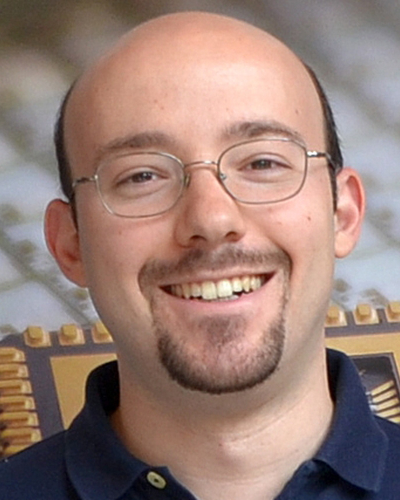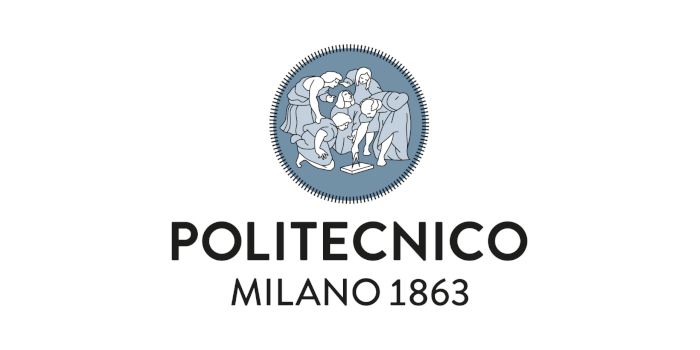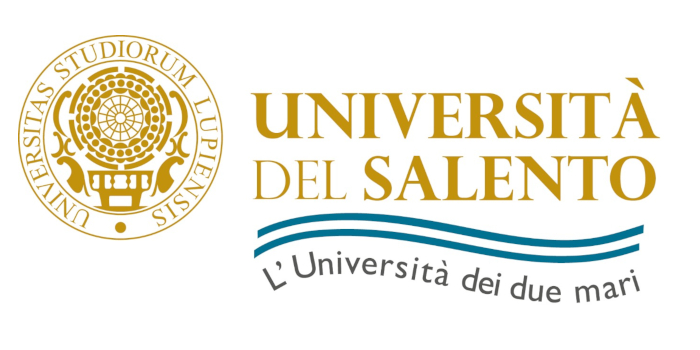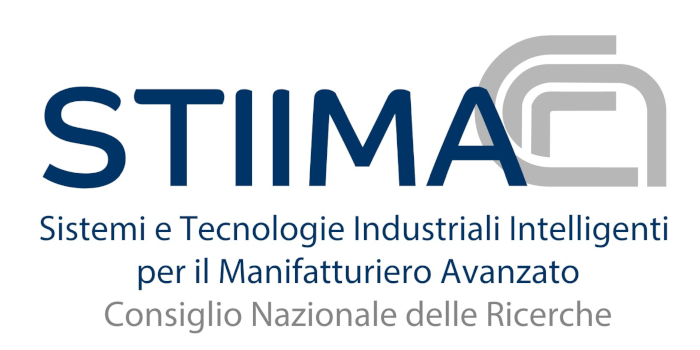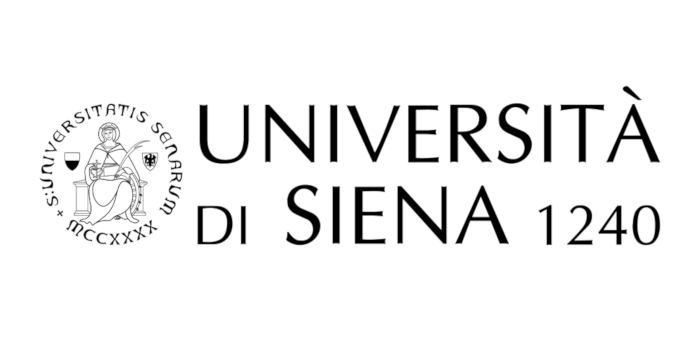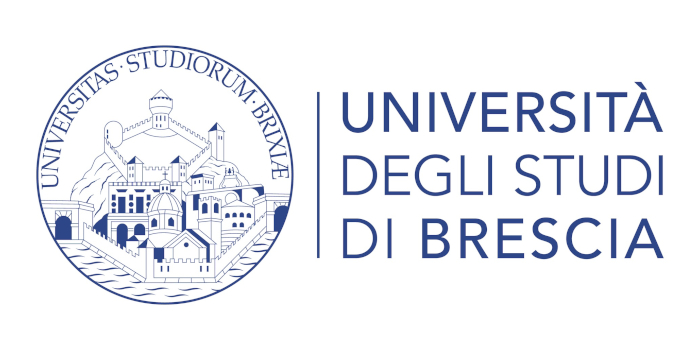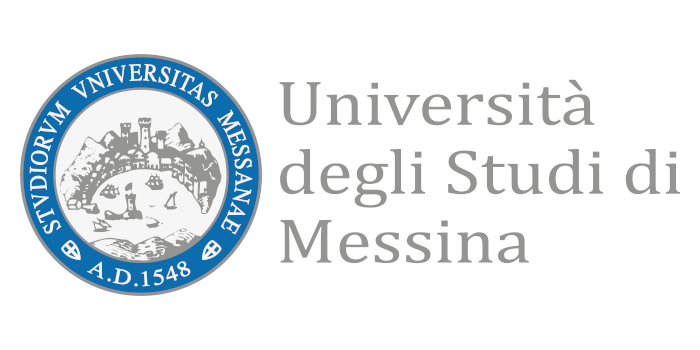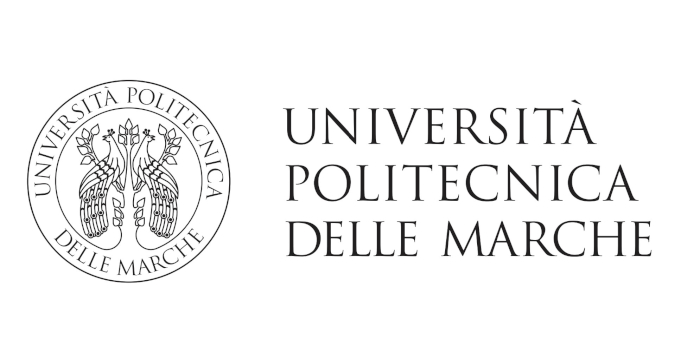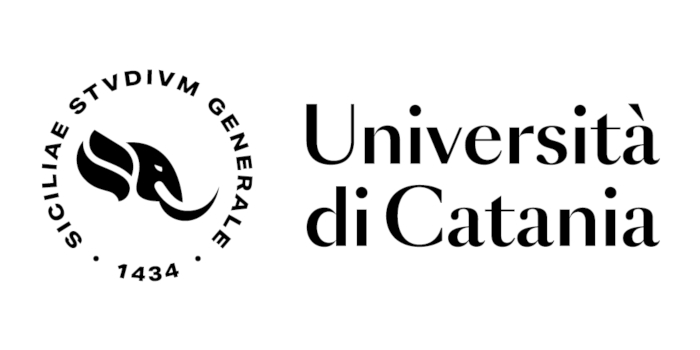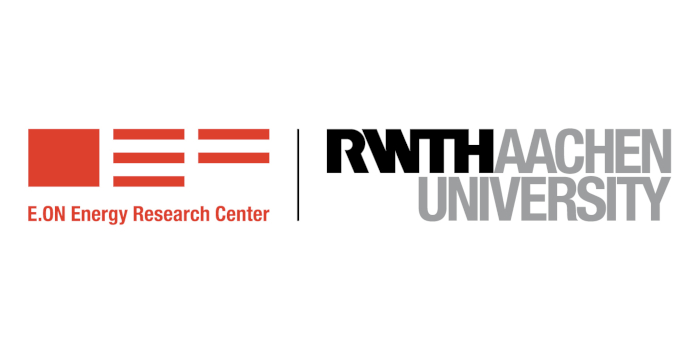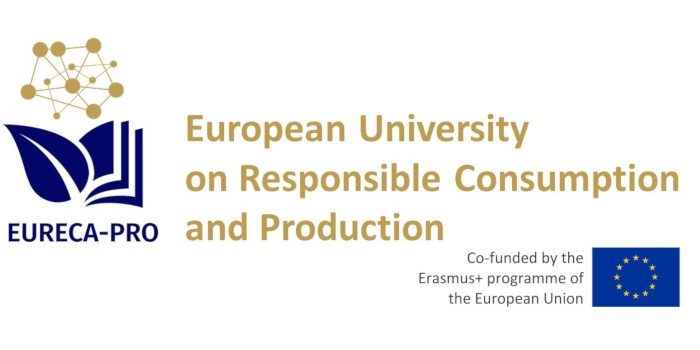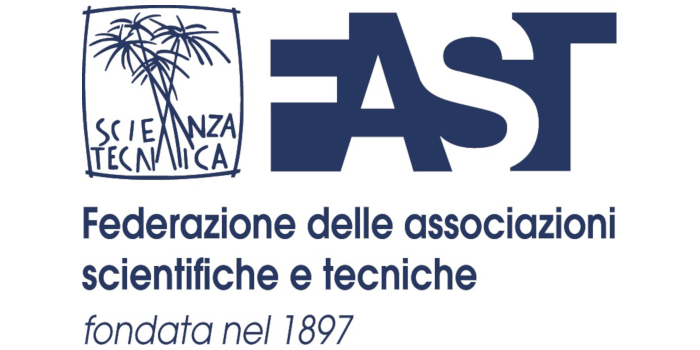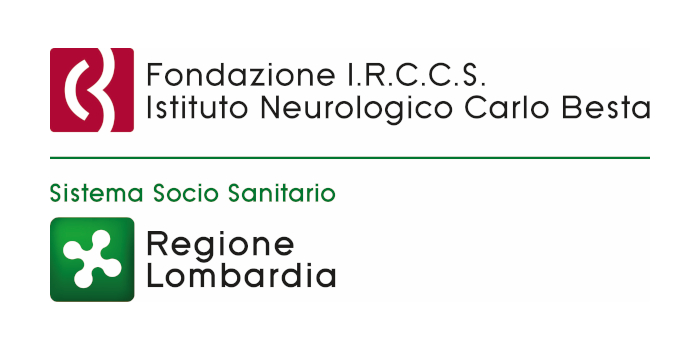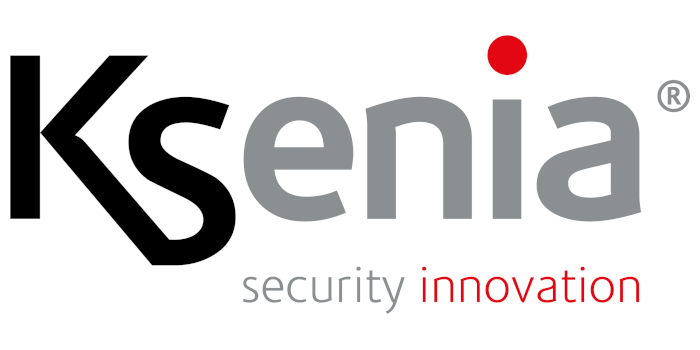SPECIAL SESSION #21
In-sensor Intelligence: Embedded Machine Learning and Emerging Energy-efficient Technologies for Industry, Healthcare, and the Environment
ORGANIZED BY
Marco Carminati
Politecnico di Milano, Italy
Giorgio Ferrari
Politecnico di Milano, Italy
ABSTRACT
The pervasive sensorization of several environments and contexts, from industries to hospitals, from houses to streets and museums, from cities to fields and orchards, is growing at a fast pace. Simultaneously, techniques to automatically process the huge amounts of data produced by such networks of sensors and extract valuable information have been emerging. Machine learning has been consolidating as a set of key technologies to face this measurement and decision challenge. In order to reduce latencies and power dissipation caused by massive communication between sensors and a data center in the Cloud, the measured data should preferably be processed locally and in real time.
This Special Session aims to present an overview of the latest advances in machine learning embedded with sensors. All types of hardware implementations are invited: analog, digital (microcontrollers and FPGAs), accelerator-based, memristor-based, etc... Case studies and applications where embedded machine learning enables unprecedented performance and functions in the fields of industry and manufacturing, safety and security, environmental protection, sustainability of agricultural and industrial processes, healthcare, wellbeing, and biomedical wearables are welcome.
MAIN TOPICS
Topics of interest for this Special Session include but are not limited to:
- Embedded processing for industrial sensors
- TinyML
- Fault detection and maintenance
- Smart glasses and augmented reality
- Wearables and biomedical applications
- Autonomous sensors for environmental monitoring and protection
- Neuromorphic technologies for edge computing and low-power smart sensors
ABOUT THE ORGANIZERS
Marco Carminati is Associate Professor of Electronics at Politecnico di Milano and associated with INFN. His research focuses on smart micro-sensors, solid-state radiation detectors, readout electronics and instrumentation. Applications span from Physics to Medicine and IoT. He has coauthored more than 250 international peer reviewed publications and has been inserted in the World’s top 2% scientists ranking by Stanford University.
Giorgio Ferrari is Associate Professor of Electronics at Politecnico di Milano. He is an expert in designing high-performance electronic instruments to address the measurement challenges posed by modern bio-nano science. Such electronic instruments have been successfully employed to study single DNA molecules, monitor and count airborne particles in the environment, and develop the first integrated non-invasive light sensor (CLIPP) for monitoring and controlling complex photonic circuits. He is co-author of more than 100 papers in international journals, edited a book on “Capacitance spectroscopy of semiconductors”, and holds 8 patents.


